Ringworm is a skin condition that has nothing to do with worms, unlike the name. It is a fungal skin infection caused by a fungus named tinea, that lives and thrives on dead skin, nails, and hair. Knowing how to get rid of ringworm with natural remedies helps effectively manage the infection. The name ringworm is given primarily because of the distinctive ring-like red scaly circular patches that develop on the skin in this infection.
It is a contagious disease. Therefore, it is important to maintain distance from the affected person and keep this infection under control.
To help you get some initial relief, we have shared some common home remedies to help you manage and deal with ringworm better! Read on.
In This Article
Home Remedies To Get Rid Of Ringworms
1. Apple Cider Vinegar

Shutterstock
Apple cider vinegar has antifungal properties (1). These may help in combating the infection-causing fungus and aid recovery from the infection.
You Will Need
- 1 teaspoon of apple cider vinegar
- Sterile cotton ball
What You Have To Do
- Dilute a teaspoon of apple cider vinegar using some water.
- Soak a cotton ball in the solution and apply it to the affected area.
- Keep the cotton in place using a band-aid.
How Often You Should Do This
Do this about 3-4 times a day for a week.
2. Tea Tree Oil
Tea tree oil contains bioactive compounds that possess antifungal properties. It was found to be effective in treating tine pedis (2). Hence, it may also help in treating the symptoms of ringworm.
You Will Need
- A few drops of tea tree oil
- Sterile cotton pad
What You Have To Do
- Dilute tea tree oil with a carrier oil like sweet almond oil or jojoba oil.
- Dab a cotton ball with the oil blend and apply it to the affected area.
How Often You Should Do This
Repeat this a few times during the day for 7-10 days.
3. Coconut Oil
Coconut oil has antifungal properties and can help in treating fungal infections like Candida (3). Its emollient properties may also soothe the irritation and itching that often accompanies ringworm (4).
You Will Need
Virgin coconut oil
What You Have To Do
Take some coconut oil on your fingertips and massage it gently over the affected area and leave it on.
How Often You Should Do This
Apply this oil 3-4 times a day until it heals.
4. Garlic
Garlic is rich in bioactive compounds like allicin and can be used for treating ringworm. The compounds exhibit antifungal properties that can help soothe the infection and heal it (5).
You Will Need
3-4 cloves of garlic
What You Have To Do
- Crush the cloves of garlic and rub the paste over the infected area.
- Leave it on for 10-15 minutes before washing it off.
How Often You Should Do This
Do this daily until the rash disappears.
5. Oregano Oil
Oregano oil exhibits antifungal activity (5). Hence, it can help in getting rid of the infection-causing fungi and treat the symptoms.
You Will Need
- 2-3 drops of oregano oil
- Carrier oil
What You Have To Do
- Dilute a few drops of oregano oil with a carrier oil.
- Apply this mixture to the affected area and leave it on.
How Often You Should Do This
You must do this at least once a day until it is healed.
6. Eucalyptus Essential Oil
Eucalyptus essential oil exhibits fungistatic effects (6). Its topical application may help treat the infection and soothe the affected area.
You Will Need
- 2-3 drops of eucalyptus oil
- Water
What You Have To Do
- Take a few drops of eucalyptus oil and dilute with the water.
- Dab the gauze in this solution and secure it on the affected area using a band-aid.
- Leave this on overnight.
How Often You Should Do This
Repeat it every night until the affected area is healed.
7. Lavender Essential Oil
Lavender essential oil has antifungal properties (7). Hence, it can prove to be an effective option to treat ringworm and stop it from spreading.
You Will Need
- 3-4 drops of lavender essential oil
- Carrier oil
What You Have To Do
- Take a few drops of lavender oil and dilute it with a carrier oil.
- Dab it on a cotton ball and apply it to the affected area.
How Often You Should Do This
You must do this at least two times a day.
8. Neem Oil
The topical application of neem oil can help treat ringworm. Neem oil is enriched with phytochemicals that exhibit fungicidal properties (8).
You Will Need
A few drops of neem oil
What You Have To Do
Dab a few drops of neem oil on a cotton pad and apply it to the affected area.
Subscribe
How Often You Should Do This
You must apply this oil two times a day for about 7-10 days.
9. Turmeric
Turmeric exhibits antifungal activity against different strains of dermatophytes (9). This can help alleviate the symptoms of ringworm infection and also prevent further infection.
You Will Need
- ½ to 1 teaspoon of turmeric powder
- A few drops of water
What You Have To Do
- Mix turmeric powder with some water to make a thick paste.
- Apply this paste over the rash and leave it on for 15 minutes.
- Wash thoroughly with water.
How Often You Should Do This
Apply turmeric paste twice a day.
10. Aloe Vera Gel
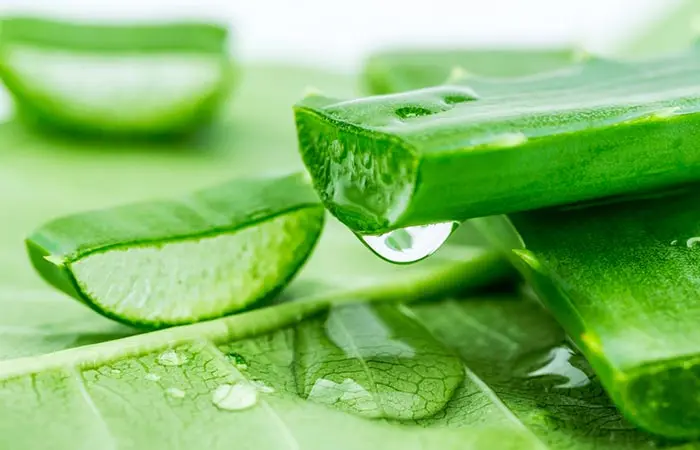
Shutterstock
Aloe vera is well known for its wound-healing and antifungal properties (10). This makes it the perfect natural remedy to eliminate ringworm infection and speed up recovery.
You Will Need
Aloe leaf extract
What You Have To Do
- Extract the gel from the aloe vera leaf.
- Apply it directly to the area with the ringworm infection and leave on.
How Often You Should Do This
You can do this 2-3 times a day.
Ringworm is a fungal infection that appears as ring-like red patches on the skin. It is important to know how to get rid of ringworm as this condition is not only uncomfortable but also contagious. Apple cider vinegar, tea tree oil, coconut oil, garlic, oregano oil, lavender oil, neem oil, turmeric, and aloe vera gel are some effective options that can help accelerate healing and soothe the symptoms. A ringworm infection generally takes around 2-3 weeks to heal completely, so continue treatment and maintain good hygiene to avoid spreading it to others.
Frequently Asked Questions
How long does it take to get rid of ringworm?
It usually takes about 2-4 weeks to treat a ringworm infection completely.
How can you stop ringworm from spreading?
You can stop the infection from spreading by applying an antifungal ointment or using any of the natural remedies listed above.
Is ringworm always itchy?
Ringworm can have a red and crusted appearance. An itchy sensation can accompany this scaly rash.
Is ringworm contagious by touch?
Ringworm is quite contagious and can spread very easily by touch. It can also spread to resources shared by people like towels, locker rooms, accessories, etc.
Sources
Articles on StyleCraze are backed by verified information from peer-reviewed and academic research papers, reputed organizations, research institutions, and medical associations to ensure accuracy and relevance. Check out our editorial policy for further details.
- Vinegar: Medicinal Uses and Antiglycemic Effect, Medscape General Medicine, US National Library of Medicine, National Institutes of Health.
https://www.ncbi.nlm.nih.gov/pmc/articles/PMC1785201/ - Melaleuca alternifolia (Tea Tree) Oil: a Review of Antimicrobial and Other Medicinal Properties, Clinical Microbiology Reviews, US National Library of Medicine, National Institutes of Health.
https://www.ncbi.nlm.nih.gov/pmc/articles/PMC1360273/ - In vitro antimicrobial properties of coconut oil on Candida species in Ibadan, Nigeria. Journal of Medicinal Food, US National Library of Medicine, National Institutes of Health.
https://www.ncbi.nlm.nih.gov/pubmed/17651080 - Novel antibacterial and emollient effects of coconut and virgin olive oils in adult atopic dermatitis, Dermatitis, US National Library of Medicine, National Institutes of Health.
https://www.ncbi.nlm.nih.gov/pubmed/19134433 - Antifungal activity of Mexican oregano (Lippia berlandieri Shauer), Journal of Food Protection, US National Library of Medicine, National Institutes of Health.
https://www.ncbi.nlm.nih.gov/pubmed/16355848 - Essential Oils and Antifungal Activity, Pharmaceuticals, US National Library of Medicine, National Institutes of Health.
https://www.ncbi.nlm.nih.gov/pmc/articles/PMC5748643/ - Biological activities of lavender essential oil, Phytotherapy Research, US National Library of Medicine, National Institutes of Health.
https://www.ncbi.nlm.nih.gov/pubmed/12112282 - Antifungal activity of different neem leaf extracts and the nimonol against some important human pathogens, Brazilian Journal of Microbiology, US National Library of Medicine, National Institutes of Health.
https://www.ncbi.nlm.nih.gov/pmc/articles/PMC3768785/ - Turmeric, the Golden Spice, Herbal Medicine: Biomolecular and Clinical Aspects, US National Library of Medicine, National Institutes of Health.
https://www.ncbi.nlm.nih.gov/books/NBK92752/ - ALOE VERA: A SHORT REVIEW, Indian Journal of Dermatology, US National Library of Medicine, National Institutes of Health.
https://www.ncbi.nlm.nih.gov/pmc/articles/PMC2763764/
Related
The following two tabs change content below.
- Author
Sucharita Mishra
Sucharita Mishra has a Master’s degree in Biotechnology and specializes in writing on Health and Wellness. She has worked on… more

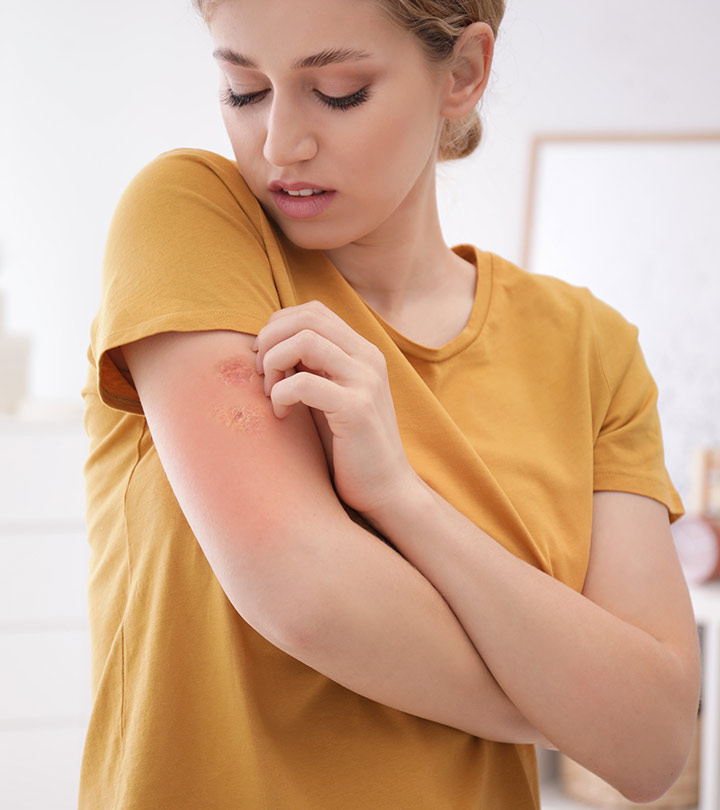
 5 Best Yoga Mudras For Asthma With Steps & Benefits
5 Best Yoga Mudras For Asthma With Steps & Benefits 9 Exciting Asanas That Will Tone Your Inner Thighs In A Matter Of Days
9 Exciting Asanas That Will Tone Your Inner Thighs In A Matter Of Days 10 Harmful Effects Of Skipping Breakfast
10 Harmful Effects Of Skipping Breakfast  How Do Homeopathic Medicines Help Increase Height?
How Do Homeopathic Medicines Help Increase Height? Camu Camu Benefits: Nutrition, Dosage, & Side Effects
Camu Camu Benefits: Nutrition, Dosage, & Side Effects 15 Best Workouts For Women To Get A Lean And Fit Body
15 Best Workouts For Women To Get A Lean And Fit Body How Does Hanging Help Increase Height?
How Does Hanging Help Increase Height? 9 Amazing Health Benefits Of Tamarillo
9 Amazing Health Benefits Of Tamarillo 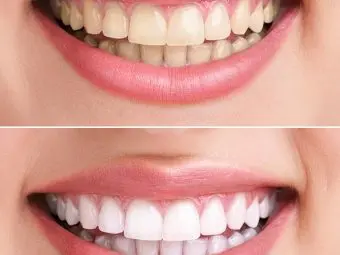 Hydrogen Peroxide For Teeth Whitening – 6 Home Remedies
Hydrogen Peroxide For Teeth Whitening – 6 Home Remedies


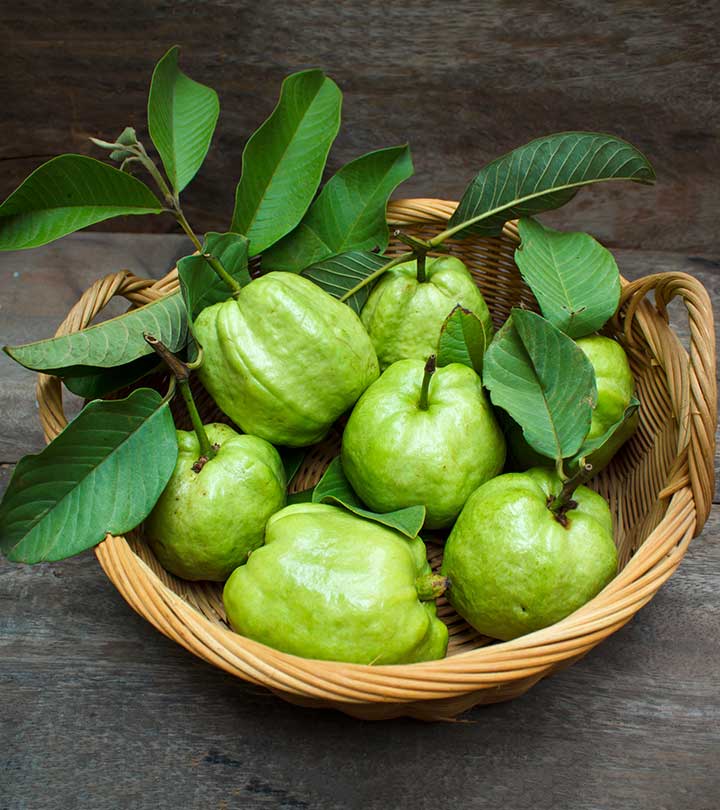
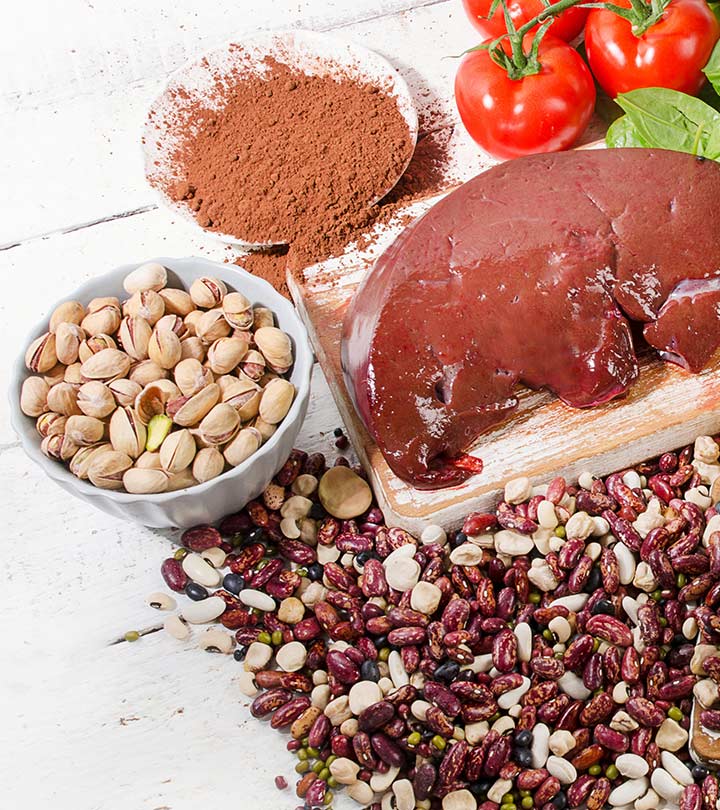


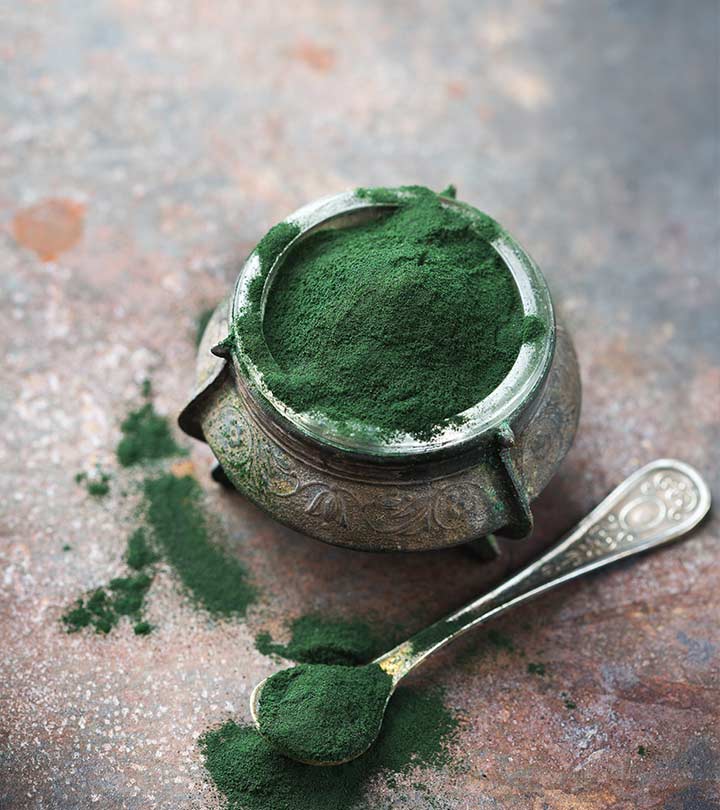



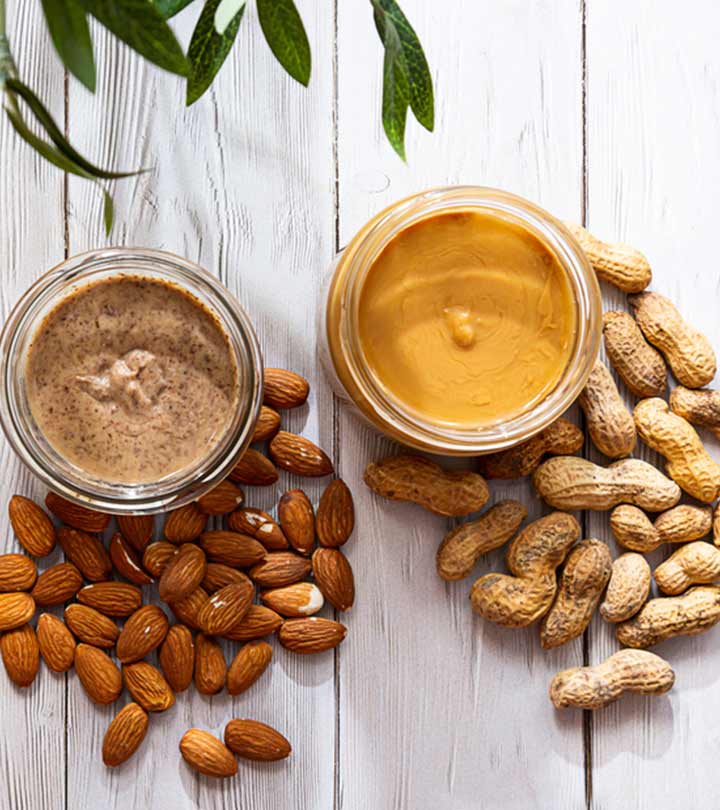













Comments